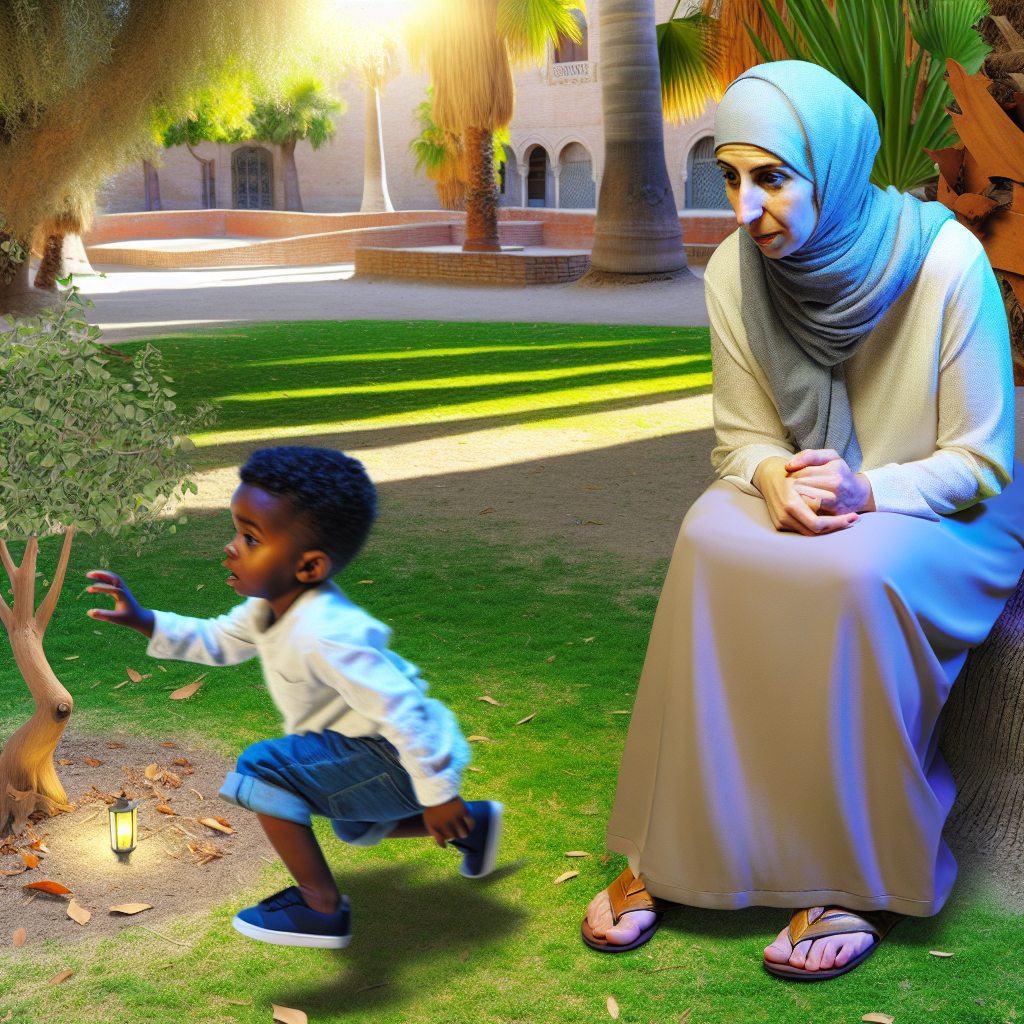When Kids Become the Unexpected Teachers
Parenting often feels like a one-way street where adults impart lessons to children. Yet, sometimes, the roles reverse in surprising and enlightening ways. That’s exactly what happened when I stumbled upon a quirky YouTube channel called Nidgle, and it turned into an unexpected source of parenting advice from your kids. Watching those interactions, I realized how much our children can teach us about handling conflict with empathy and patience.
The realization that children, often seen as the learners, can actually provide priceless insights into conflict resolution challenges traditional notions of authority and guidance. It pushes us as parents to listen more and judge less, fostering a healthier family dynamic.
Understanding Conflict Resolution Through a Child’s Lens
Why Kids Offer Unique Perspectives
Children approach conflicts with raw honesty and a desire to be understood rather than win arguments. This mindset teaches us adults valuable lessons:
– They often express feelings clearly even if their vocabulary is limited.
– Their conflicts rarely involve long-term grudges; they naturally prioritize reconciliation.
– They demonstrate creativity in solving disputes, sometimes employing simple but effective compromises.
Observing how children communicate conflict—whether on playground squabbles or sibling disagreements—reveals the importance of addressing emotions first before debating facts.
The Role of Emotional Intelligence
Kids display emotional intelligence in ways we may overlook. When my own child explained their feelings to me after watching one Nidgle video, it made me rethink my responses.
Key emotional intelligence skills to learn from children include:
– Recognizing and naming emotions
– Understanding that conflicts are natural and not personal attacks
– Developing empathy by putting oneself in another’s shoes
Incorporating these approaches into parenting strategies creates a foundation for more meaningful and less hostile conflict resolutions.
Practical Parenting Advice from Your Kids to Diffuse Tensions
Drawing inspiration from the lessons embedded in Nidgle’s videos, I formulated actionable strategies to apply at home:
Active Listening Without Interruptions
Kids feel most heard when adults give them undivided attention. Practice listening fully before responding. This shows respect and often de-escalates conflicts.
– Maintain eye contact
– Nod or use affirming words
– Reflect back what you hear to confirm understanding
Use Calm, Simple Language
Children manage conflicts better when explanations are clear and free of loud tones or complex words. Slow down and choose your phrases carefully.
Try saying: “I see you’re upset because your toy was taken. Let’s find a way to share.”
Why Parenting Advice from Your Kids Transforms Relationships
Inviting children’s input on resolving disagreements empowers them and builds trust. When kids feel their opinions matter, they’re more likely to cooperate peacefully.
Building Mutual Respect
Respect goes both ways. When parents acknowledge their children’s emotions and ideas, it strengthens the bond.
This mutual respect can look like:
– Allowing kids to propose conflict solutions
– Valuing their feelings even if you disagree
– Co-creating family rules about handling disputes
Promoting Autonomy and Accountability
Kids learn to take responsibility for their actions when given chances to participate in resolutions. Parenting advice from your kids supports this developmental step meaningfully.
For example, after a disagreement, you might say: “How do you think we can fix this together?” This approach encourages ownership rather than blame.
How Digital Content Like Nidgle Spurs Reflective Parenting
Parenting today is uniquely influenced by online resources that blend entertainment and education. Nidgle’s YouTube channel sparked my curiosity into listening to children’s conflict management styles more attentively.
Leveraging Online Videos for Learning
While screen time often gets a bad rap, thoughtfully selected content can model positive behaviors. Observing child interactions online offers fresh perspectives that standard parenting books might miss.
– Shows like Nidgle emphasize kindness and patience.
– They spotlight real-life situations children encounter.
– Parents gain access to diverse family dynamics from a safe distance.
Community and Shared Experiences
Digital platforms also provide opportunities to connect with other parents navigating similar challenges, fostering a supportive network.
Consider joining forums or social media groups dedicated to discussing parenting advice from your kids and conflict resolution techniques.
Long-Term Benefits of Embracing Children’s Wisdom in Parenting
Integrating lessons learned from children’s approaches to conflict nurtures a family culture of openness and collaboration.
Improved Communication Skills for All
Both parents and children develop stronger dialogue abilities when they commit to respectful, empathetic exchanges. Over time, this reduces misunderstandings and emotional outbursts.
Healthier Emotional Development
Children who feel heard and valued in disagreements are more likely to develop resilience and self-confidence. They learn that conflicts are opportunities for growth rather than threats.
Applying Parenting Advice from Your Kids: Step-by-Step Guide
To utilize these insights effectively, consider the following steps:
1. Observe your child’s conflict moments closely, noting their communication style.
2. Encourage open talk about feelings during or after disagreements.
3. Model active listening and calm responses consistently.
4. Invite your child to brainstorm solutions together.
5. Reflect on what you’ve learned from your child’s example and adapt your parenting approach.
By making this a habitual practice, you foster mutual growth and understanding.
Embracing a New Paradigm of Modern Fatherhood Through Learning
Accepting that parenting advice from your kids is a valid and valuable resource shifts how fathers engage with their children. It moves beyond authoritative directives into a partnership of trust and respect.
This openness creates an enriching environment where fathers can grow alongside their children rather than merely instructing them.
Take the chance today to watch and learn from unexpected sources like Nidgle. See how your child’s insights can transform conflict resolution in your home.
For more thoughts and personalized guidance on blending traditional parenting with modern strategies, visit khmuhtadin.com and discover resources tailored for engaged fathers ready to evolve with their kids.



